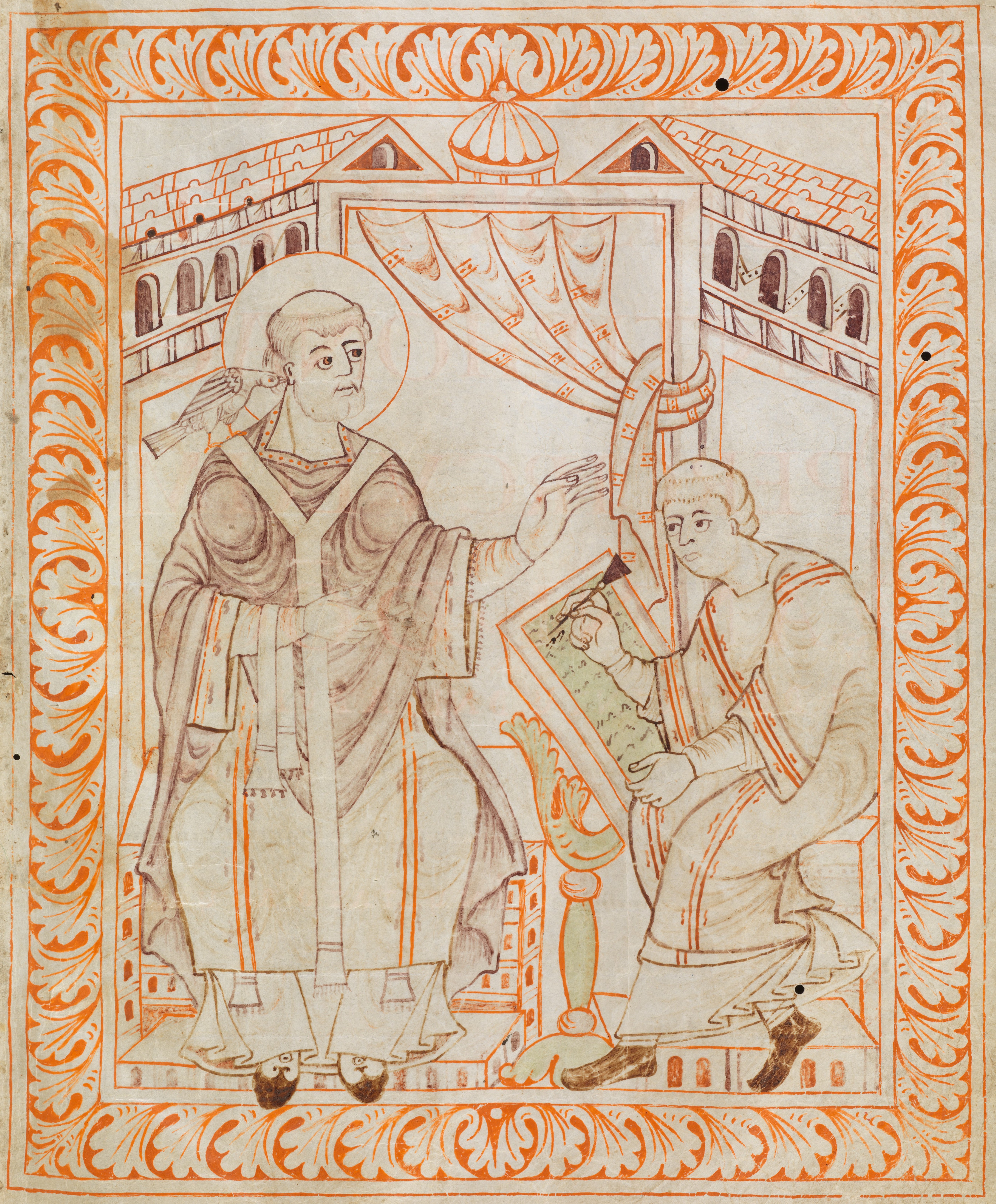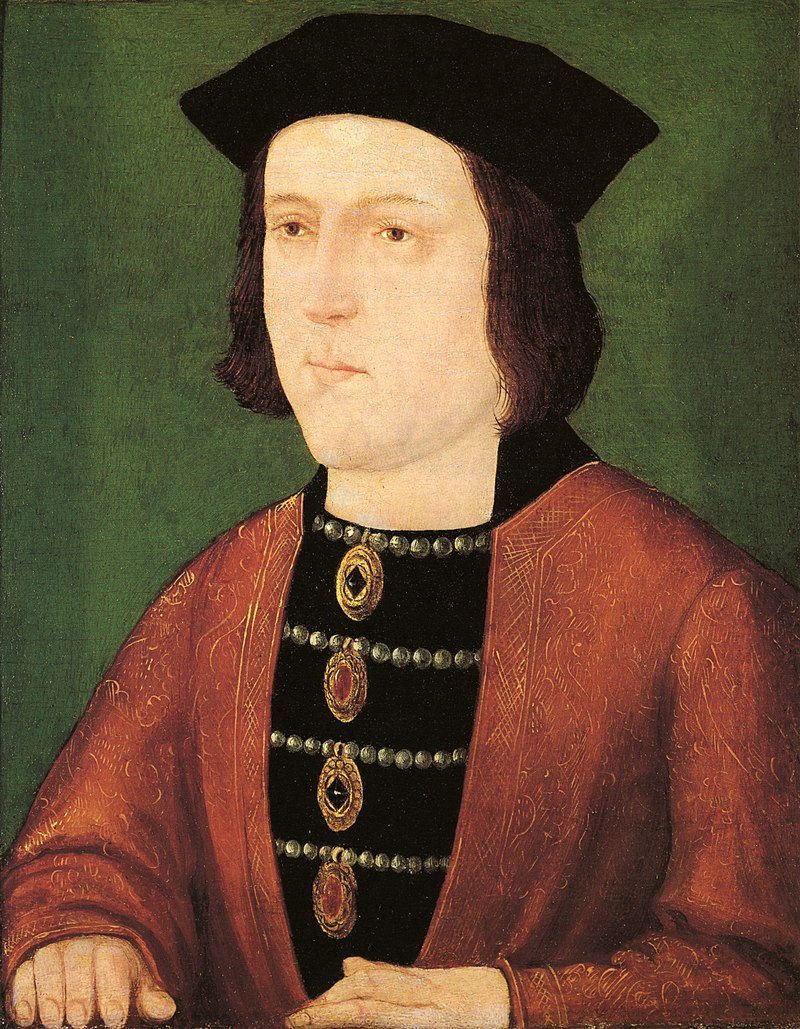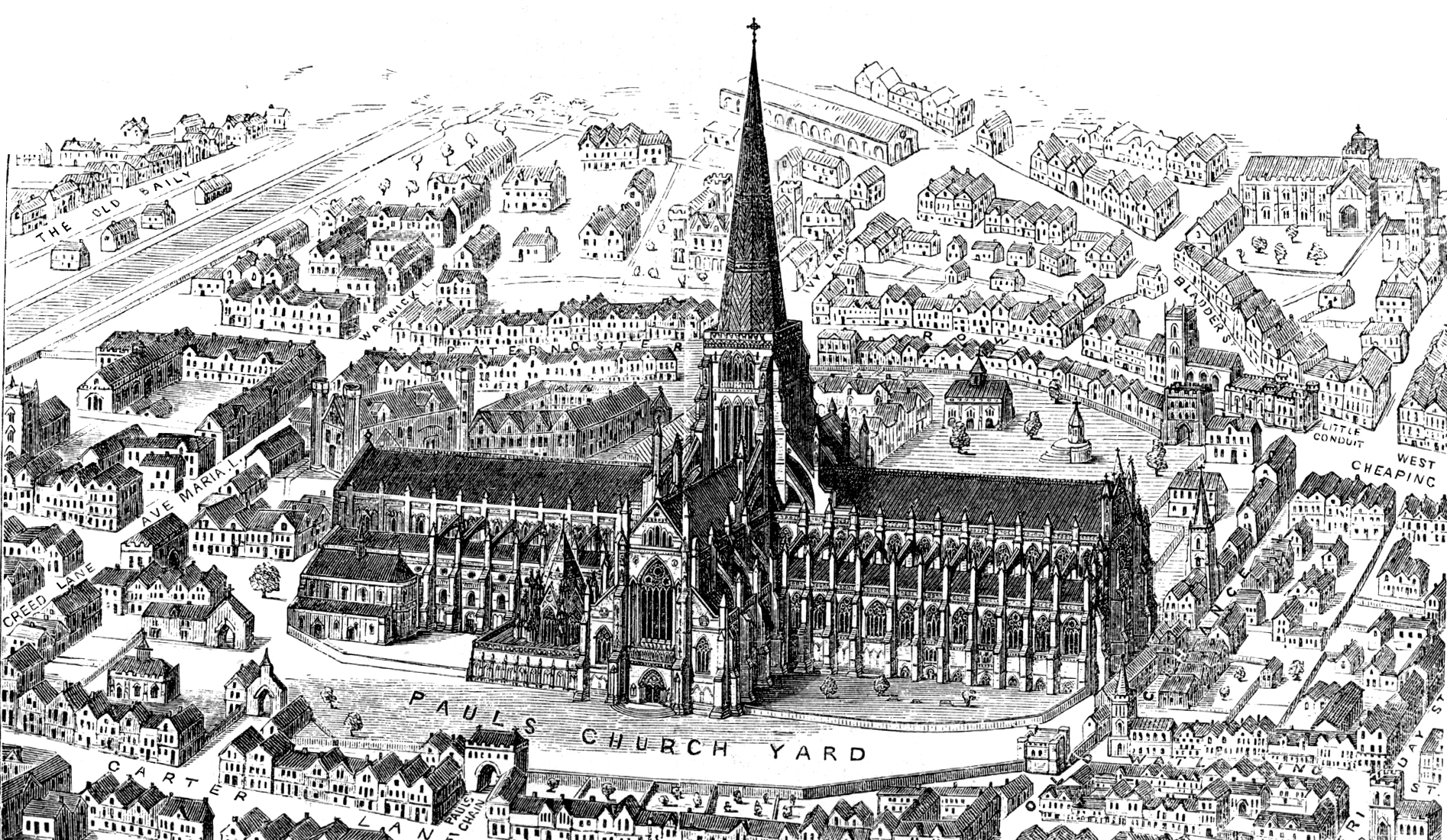The church was a great power throughout the medieval age, and on through the Tudor and Stuart periods. But the Puritan standards of the early to mid-17th century stand out as quite distinct from earlier eras. The medieval age was not puritan in its beliefs, and certainly not puritan in behaviour.
 |
| Pope Gregory dictating to a secretary |
Yet although it is true that many people felt obliged to attend church far more regularly than is expected now, and it is also true that daily Mass was not an unusual habit for many, I believe it would be quite wrong to accept that the entire population of any country (I write principally of England ) lived continuously in a state of obedience to the church doctrines. Folk were as independent then as they are now, and few people find it easy to obey strict rules during their day to day lives.
 |
| The three medieval classes: those who prayed, those who fought and those who worked |
There exists a hilarious surviving sermon of the time, scribed by the monks, which lists a series of amazingly lurid sexual acts, describing them all as dreadful sins and utterly forbidden. But it is equally clear that quite a number of people had confessed these behaviours, knowing such acts sinful but acting out their desires anyway. Indeed, it was accepted practice of the time to sin as wished, then to confess those sins, pay the price and take the simple punishment, and thus be forgiven. Earlier generations might commit the most serious of crimes and be absolved by riding off to fight for Christianity during the Crusades, and so earn absolute salvation. But that method was long gone during the late medieval period, yet general behaviour most certainly did not improve.
 |
| A depiction of a battle of the Second Crusade |
Privacy was very hard to find in other ways too. Most small houses both in town and countryside, had just one room upstairs which served as bedchamber for the entire family. The children would curl up to sleep on the straw pallets or share a truckle bed, listening to the familiar sounds of their parents making love just a few inches away. Even the nobility had little dignity for such matters. True, they could pull the curtains around their four poster beds, but within the same room the pages and other servants would be listening. And at this time, everyone went to bed naked. The films which show medieval sleepers in glorious long nightdresses are not accurate at all. Naked in bed – and in the coffin!
The church was strictly disapproving of common marriage practices, and insisted that only church porch wedding ceremonies were valid in the eyes of God – with God’s law on Earth being the church itself. But this was largely ignored. Most folk committed themselves to a marital union by “hand-fasting” which was a private agreement, needing no clergy and not even witnesses. Even kings – notably King Edward IV – got away with this most improper behaviour. It was perfectly legal after all, however disapproving the church was of such secretive practices.
 |
| King Edward IV |
 |
| St Paul's - before 1561 |
But it was when death threatened that folk took their religion most seriously, and with the risk of hellfire and endless wandering in Purgatory, their last confession was considered of absolute importance. The presence of a priest was essential for absolution before death, and no one would lie during that final important confession, believing that they must soon answer to God.
 |
| Purgatory - Très Riches Heures du Duc de Berry 1412-16 |
~~~~~~~~~~
Barbara Gaskell Denvil was born in Gloucestershire, England but, has now moved to rural Australia.
She has published five historical novels - Satin Cinnabar which is a crime adventure actually commencing on the Bosworth battlefield, Sumerford's Autumn which is an adventure mystery with strong romantic overtones, set in the early years of the Tudor reign, Blessop's Wife (published in Australia as The King's Shadow) which is a crime/romance set in England during 1482-3 in those turbulent years around the death of King Edward IV, The Flame Eater, a romantic crime novel also set in 1482/3, and a time-slip novel Fair Weather, a highly adventurous mystery which is set earlier during the reign of King John.
Her new novel The Deception of Consequences is a Tudor mystery - adventure and will be published late February 2017.
Barbara is also an author of fantasy fiction.
No comments:
Post a Comment
Note: Only a member of this blog may post a comment.